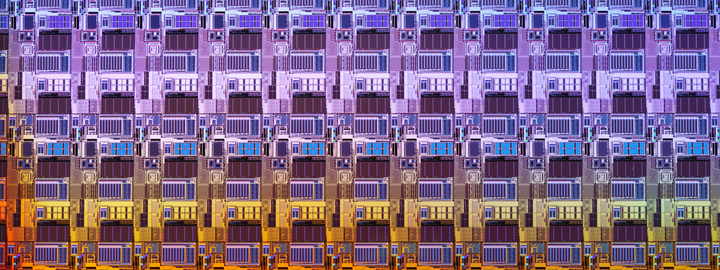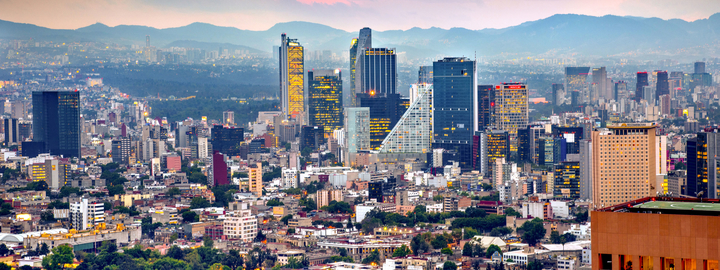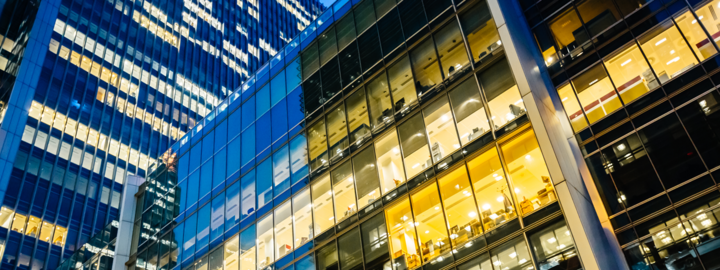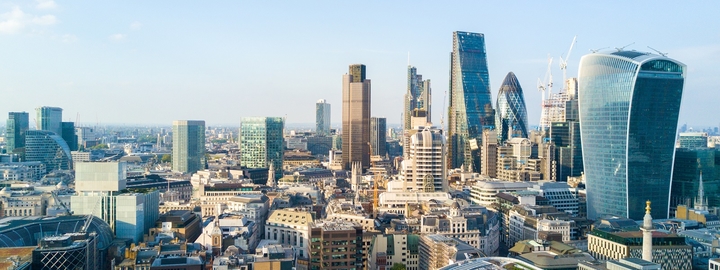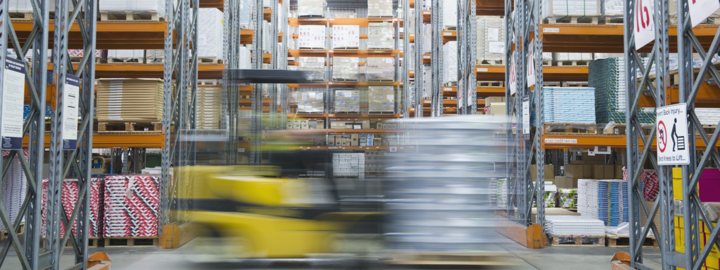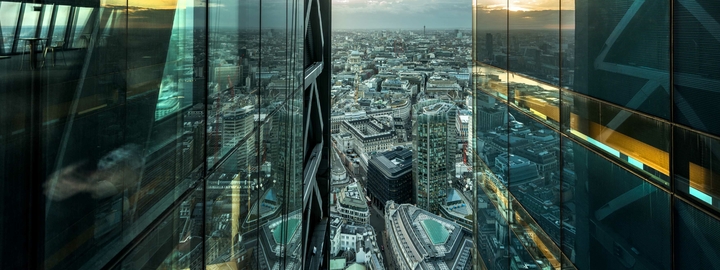Recent Insights

Special relationship: US-UK M&A flourishes as transatlantic partners return to the deal table
M&A Explorer | US acquirers are returning to the UK in force, with Q2 and Q3 2025 marking the strongest quarters for inbound value in over a year, while UK dealmakers are looking across “the pond” in increasing numbers

Healthy returns: European life sciences M&A heats up as sector faces demographic reckoning
M&A Explorer | Dealmaking in Europe's life sciences sector has been relatively muted in recent years, but the first half of 2025 has shown signs of strength as companies respond to the stark realities of an aging population

Minority report: Minority stakes spike in US and Europe for sponsors and strategics alike
M&A Explorer | In an M&A market characterized by buyer caution and narrowing liquidity pathways for sellers, flexible minority stakes transactions are proving a valuable option for dealmakers in the US and Europe

Rising tides: Asia-Pacific PE market grows in the face of global uncertainty
M&A Explorer | APAC private equity markets have entered a holding pattern as firms face global trade and tariff uncertainty, but sophisticated managers are uncovering opportunities for investing in high-quality assets at attractive valuations

Delayed-draw facilities: A key differentiator in a competitive market
Debt Explorer | Delayed-draw facilities have been a key feature of private credit lending terms, but as competition between private credit and broadly syndicated loans intensifies, broadly syndicated loans have started to incorporate delayed-draw flexibility

Currents of Capital 2025 Report
Investment trends and opportunities in the global water sector drawing on the perspectives of over 300 senior decision-makers across the global water value chain, including water utilities, multinational corporations, investment funds, engineering firms and technology providers.

Transatlantic transactions: Uncertainty is the “new normal” for US-Europe M&A, but deals will get done
M&A Explorer | The pro-business agenda of the new US administration looked set to boost outbound M&A into Europe in 2025, but tariff announcements and geopolitical tumult mean that dealmakers are holding fire for now











